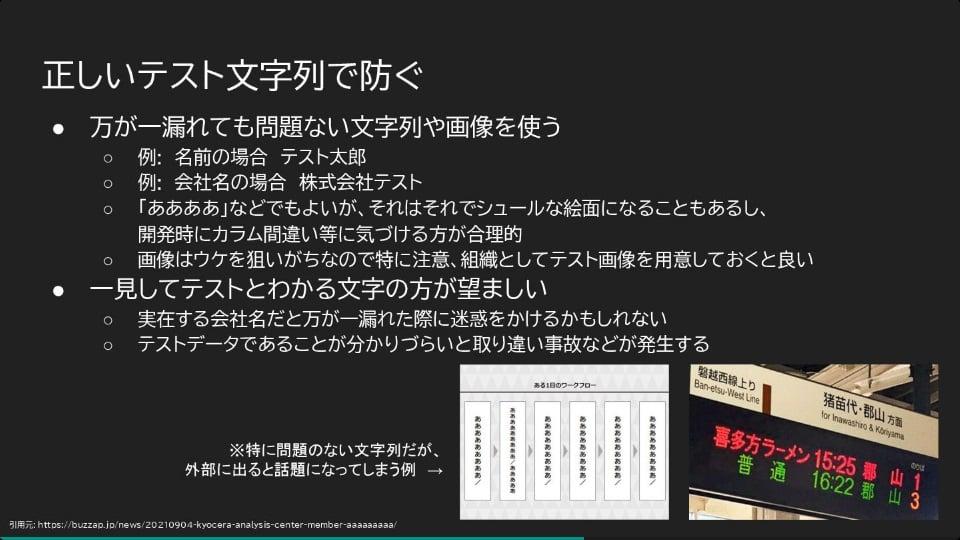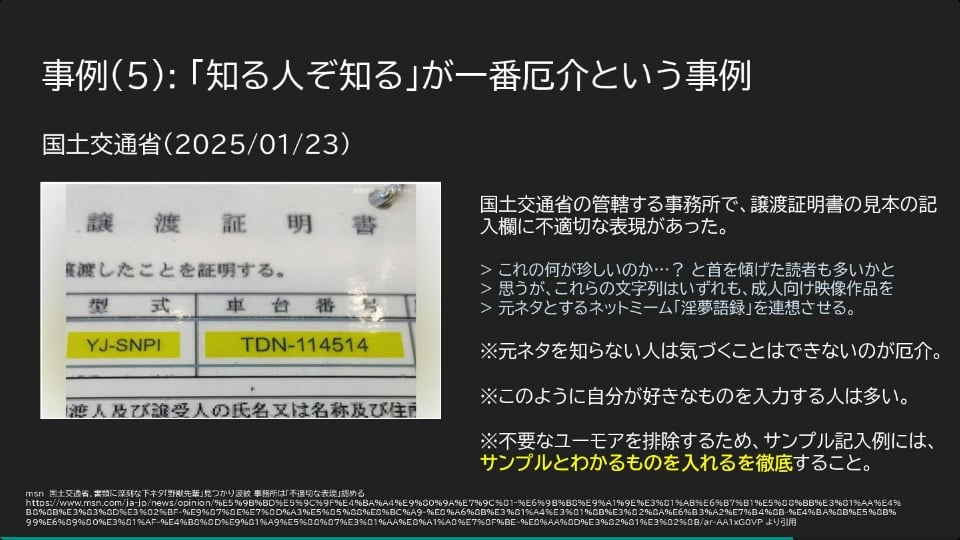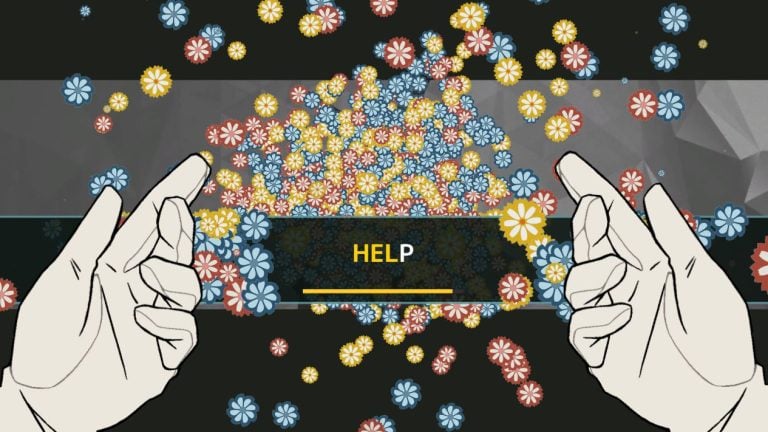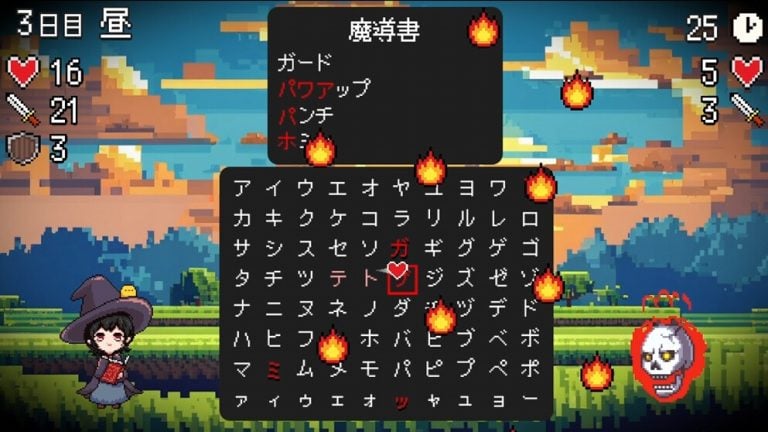Japanese game and system development company Infinite Loop published “Don’t put poop in your test strings” (テスト文字列に「うんこ」と入れるな) in 2021. The comically titled manual is used for educating the new employees on how to properly write strings and other forms of placeholder text for product testing while also avoiding being caught in an embarrassing situation. As reported by Game Makers, in May 2025, the viral manual got an updated edition for a new generation of young employees – and it includes more examples of how fooling around at work could end up turning into a serious problem, with the most notable (and hilarious) one being a brainrot meme appearing in a document issued by the Japanese government.
The manual, created by Infinite Loop representative director Kentaro Matsui, mainly focuses on workplace etiquette, and shows different examples of test strings done right and wrong. I know that, in a situation where we have to write placeholder text, many are tempted to type in something like “poop420,” but this manual reminds us to be mindful of the possible consequences, especially in a work environment. According to the manual, there’s always a small chance that the placeholder text could get accidentally submitted instead of the official file and consequently leaked to the public. Additionally, test strings being accidentally exposed to the public due to system malfunctions is also a very common thing, and it’s something that employees need to keep in mind if they want to prevent possible incidents. For example, while the joke is very harmless, a train station in Japan accidentally displayed the word “Kitakata ramen” (type of ramen which originated in Kitakata, Fukuoka) instead of the name of a train.

Another more serious example happened in 2021, when Yahoo Japan did tests of their push notifications. Although writing “We are under attack by the guerrilla and special forces” may be funny for an inside joke, the leaked text naturally ended up causing huge online backlash and panic among people who received the push notification.
The manual also mentions a recent incident which happened when an X user noticed that a government-issued sample Certificate of Transfer contained a peculiar sequence of characters – likely referencing a Japanese “brainrot” meme featuring an adult video actor popularly known as Yaju Senpai. The meme, which originated on Nico Video, has been circulating the web for more than a decade now, and is currently trending on YouTube and TikTok as an AI-generated “brainrot” song. It wasn’t long before the document went viral and got covered by numerous Japanese news portals, causing a PR disaster.

Of course, the manual explains how to avoid incidents like this and lists proper ways to handle test strings and other placeholder text. The most important thing, according to it, is to make sure everybody else knows that the text is just used as a placeholder – so that you can avoid the fate Yahoo faced in 2021. The manual also puts an emphasis on creating a work environment that does not encourage such behavior, so if you see some of your colleagues typing memes and inside-jokes in their sample files, make sure to remind them what could happen if those files ended up on someplace like twitter – getting fired over the word “poop” is really not worth it.





